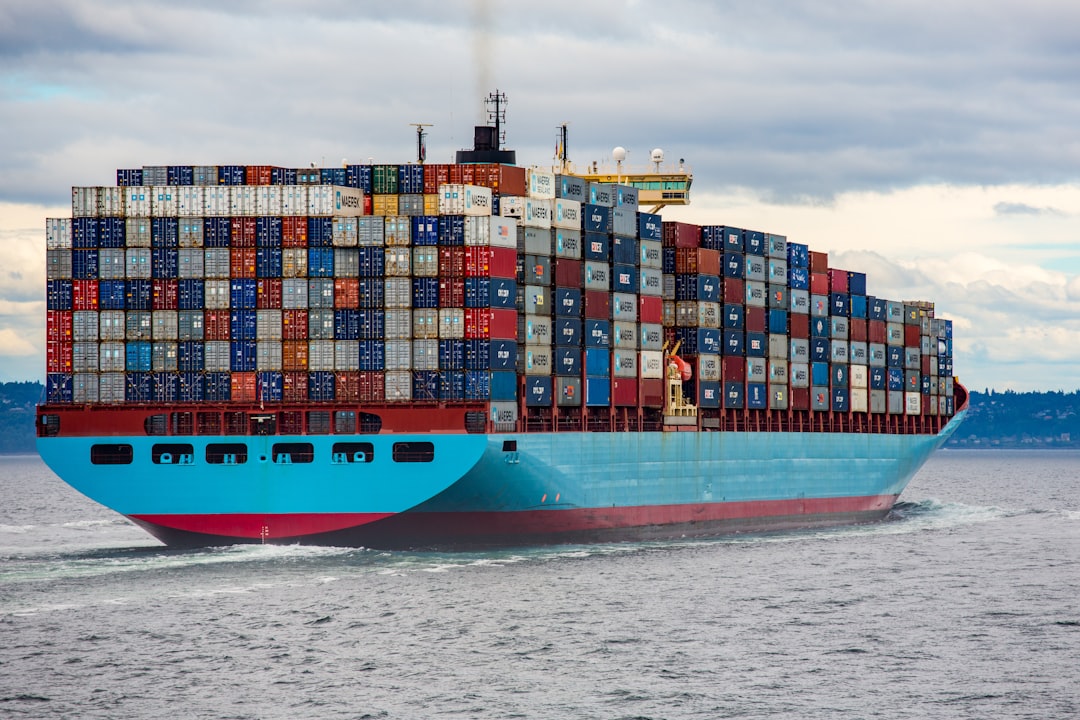What is it about?
Countries have economic freedom when their citizens are free to choose, trade, and cooperate with others as they see fit as long as they do not use force, fraud, or theft and they do not violate the identical rights of others. This is a fundamental concept in institutional economics. Many studies have shown a connection between economic freedom and growth, income level, and economic development in general. However, these studies do not prove causation and can lead to inaccurate results when certain factors are not considered. This paper takes a novel approach that allows to identify the true impact of economic freedom on prosperity. The results consistently show that economic freedom has a positive and significant effect on prosperity. Robustness tests and state of the art statistical and econometric methods help ensure the accuracy of the main findings. Overall, the paper emphasizes the importance of policies and institutions in promoting economic development. The findings suggest that policy advice should focus on increasing economic freedom to foster prosperity.
Featured Image

Photo by averie woodard on Unsplash
Why is it important?
This work stands out for its unique approach in identifying the true impact of economic freedom on prosperity. Unlike many previous studies that have explored the connection between economic freedom and growth, this paper employs novel methods and robustness tests to provide more accurate and reliable results. This work is timely as it underscores the significance of policies and institutions in driving economic development.
Perspectives
First, a personal anecdote. When we first submitted this article for publication, we received three reviews: 1) The first reviewer said it was the best paper ever written on the subject so far: Accept with minimal revisions (I am still so honored by that review!) 2) The second reviewer said it was a good paper but needed substantial review to differentiate institutions from policies: Revise and Resubmit. 3) The last one suggested outright Rejection. Always the last reviewer, right? I'm grateful to the Editor who allowed us the opportunity to revise and resubmit the paper, and address the comments of the second and third reviewer successfully. I will never forget that process. Second, as a Venezuelan (born and raised), I saw my country fall into the abyss. The country I was born and raised does not exist anymore. We are a rich country in the sense that we have many natural resources, a beautiful country with wonderful people. But how do we organize those resources and beautiful people effectively so that we can live with prosperity and harmony? How could we miss that opportunity and fall that low? Many argue that it was the corruption, the bad leaders, the lack of education, the culture, the climate, etc., and maybe they all played a role, of course, but very few identify and acknowledge one of the most important (and fundamental) contributors to the problem: Lack of economic freedom. Finally, I want to thank my co-author, Hugo Joaquin Faría, for his mentorship and advice. Kind regards, Hugo M
Dr. Hugo Moises Montesinos-Yufa
Ursinus College
Read the Original
This page is a summary of: Does economic freedom cause prosperity? An IV approach, Public Choice, August 2009, Springer Science + Business Media,
DOI: 10.1007/s11127-009-9440-0.
You can read the full text:
Contributors
The following have contributed to this page










